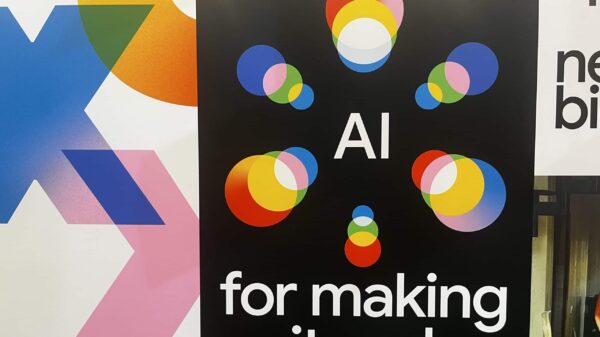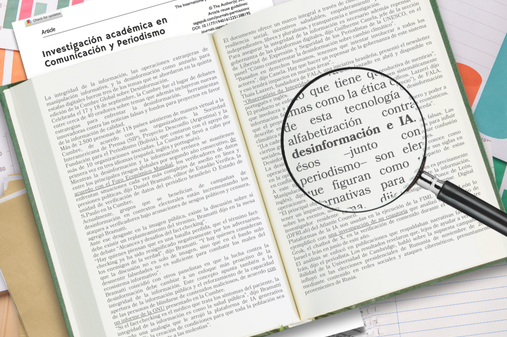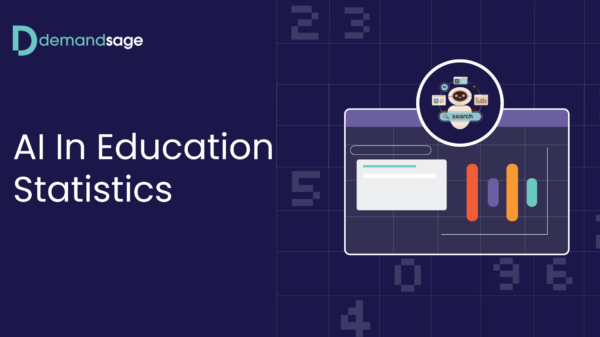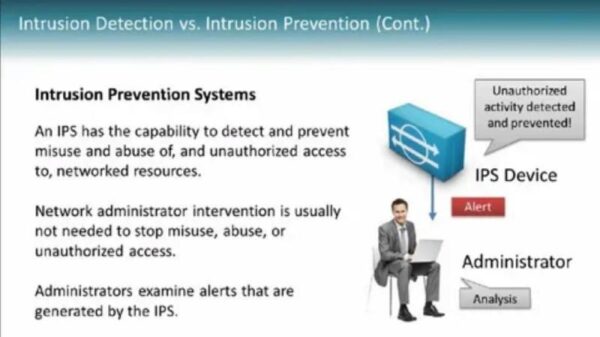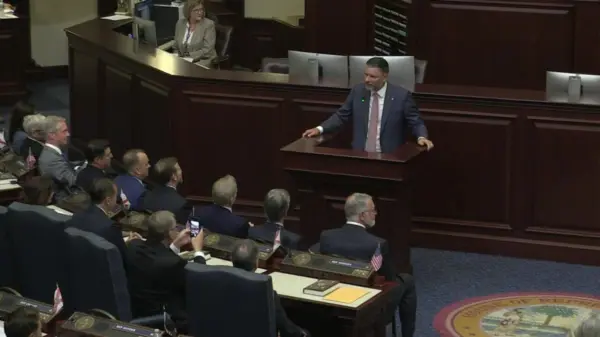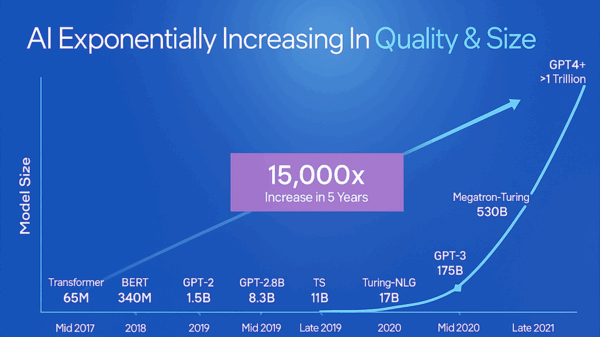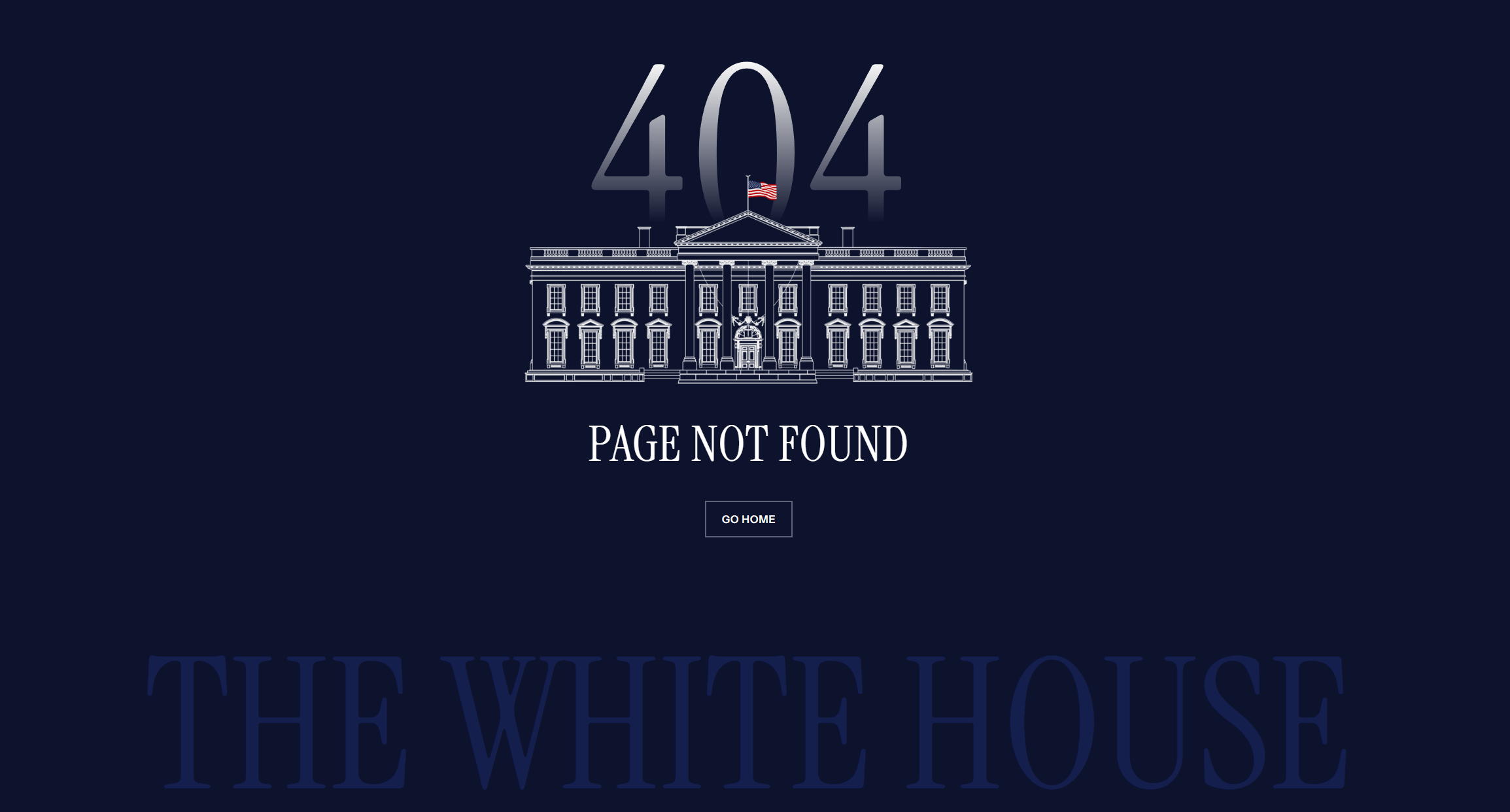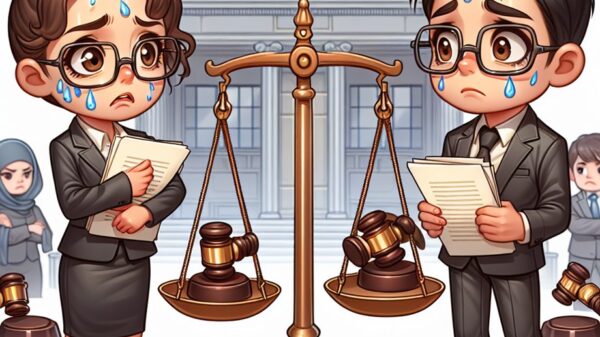President Donald Trump is poised to implement an executive order aimed at restricting individual states from establishing their own artificial intelligence (AI) regulations. According to a draft obtained by The Verge, this order is designed to centralize AI lawmaking under federal jurisdiction. A significant component of the proposal is the establishment of an “AI Litigation Task Force” within the Department of Justice. This task force would focus on litigating against states whose regulations are perceived to impede the growth of the AI sector. Specific attention is given to California’s AI safety law, which mandates risk assessments for AI systems, and Colorado’s legislation intended to curb algorithmic discrimination.
In recent remarks, Trump has reiterated his call for a moratorium on localized AI regulations. During his address at the US-Saudi Investment Forum, he emphasized the need to avoid having “50 different AI laws,” framing this initiative as a means to resist what he refers to as “woke” ideology infiltrating the tech industry. The draft outlines a 90-day plan for implementation, engaging various federal agencies, including the Department of Commerce, the Federal Trade Commission (FTC), and the Federal Communications Commission (FCC).
Federal Control in Response to Legislative Challenges
This executive order appears to serve as a strategic fallback for the White House following setbacks in Congress. The administration had previously sought to incorporate a moratorium on state-level AI regulations into the National Defense Authorization Act (NDAA), but those attempts did not succeed in the Senate. Under the proposed plan, the Department of Commerce would have a 90-day window to identify states that may be contravening the forthcoming federal AI policies. In assessing violations, the department could consider withholding broadband funding from the Broadband Equity, Access, and Deployment (BEAD) program as a form of leverage.
Additionally, the FTC would evaluate whether specific state-level AI mandates could be classified as unfair or deceptive business practices, potentially setting a precedent for federal overreach in the regulation of AI technologies.
Executive Order Draft by CNBC.com
Implications for the AI Industry and State Sovereignty
The proposed executive order raises significant questions regarding the balance of power between state and federal governments over emerging technologies. If implemented, it could stifle innovation at the state level by limiting local governments’ ability to respond to specific AI-related concerns, such as safety and discrimination. This centralization of authority may lead to a homogenized regulatory landscape, potentially curtailing the diverse approaches to AI governance that some states have begun to explore.
The implications for the AI industry are profound. By aiming to eliminate varying state regulations, the federal government could create a more uniform environment for AI development, which may appeal to large corporations seeking clarity and consistency in compliance. However, this approach may also hinder the ability of states to enact tailored solutions that address local needs, raising concerns about whether the federal government can adequately address the intricate challenges posed by rapidly advancing AI technologies.
As discussions around AI governance continue, the outcome of this executive order will likely influence not only the regulatory landscape but also the broader societal implications of AI deployment. The balance between fostering innovation and ensuring ethical practices in AI is a delicate one, and the coming months will be critical in shaping how this balance is achieved.
See also California Court Rules AI Misuse Heightens Lawyer’s Responsibilities in Noland Case
California Court Rules AI Misuse Heightens Lawyer’s Responsibilities in Noland Case Policymakers Urged to Establish Comprehensive Regulations for AI in Mental Health
Policymakers Urged to Establish Comprehensive Regulations for AI in Mental Health Congress Moves to Ban State AI Regulations, Heightening Risks for American Children
Congress Moves to Ban State AI Regulations, Heightening Risks for American Children AI Model Risk Management Evolves: 70% of Financial Firms Integrate Advanced Models by 2026
AI Model Risk Management Evolves: 70% of Financial Firms Integrate Advanced Models by 2026 White House Push for AI Regulation Ban Faces Opposition Ahead of NDAA Vote
White House Push for AI Regulation Ban Faces Opposition Ahead of NDAA Vote







